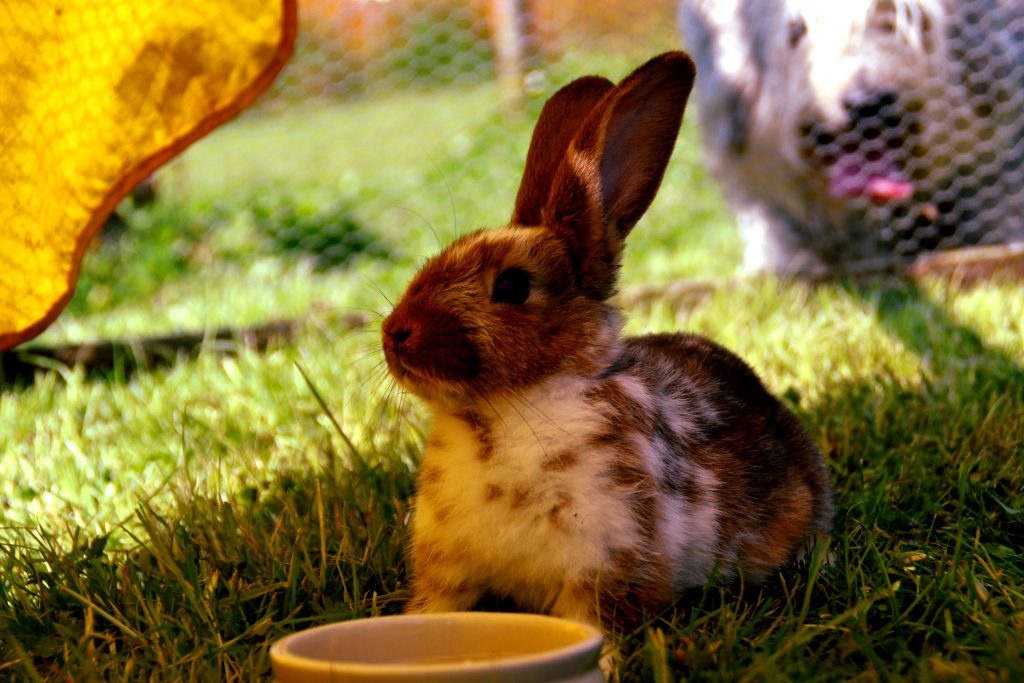
When we have a rabbit as a companion, we may have various concerns about their habits and primary rabbit care. One of the most common doubts is whether rabbits drink water and, above all, how much and how it should be consumed.
Contents
It is essential for rabbits' hydration, which is an essential aspect for them, and we will dispel any doubts about whether rabbits drink water.
How much water does a rabbit drink?
Indeed, rabbits do drink water. In particular, it is estimated that the daily water intake of an adult rabbit is twice what you eat in solid food. Therefore, hydration is something that we must pay special attention to because a lack of hydration can have really serious consequences, such as heat shock or kidney failure.
But how much water does our rabbit need to drink to be healthy? Well, this will depend on several factors, one of the most important being the age of the rabbit, as well as its weight. Thus, it is estimated that a rabbit of one and a half months of age, weighing about 750 grams, if we consider a common rabbit, drinks about 120 ml of water per day, while at the age of 1 year and about 2.5 kilograms of weight, the consumption is about 400 ml per day.
This consumption applies to rabbits in good health and their weight, but there are exceptions, such as the case of rabbits that are pregnant or have just given birth and are breastfeeding. In these rabbits, the water consumption is up to 3 litres per day during lactation, increasing the water consumption to almost 10 times the normal consumption.
My rabbit does not drink water
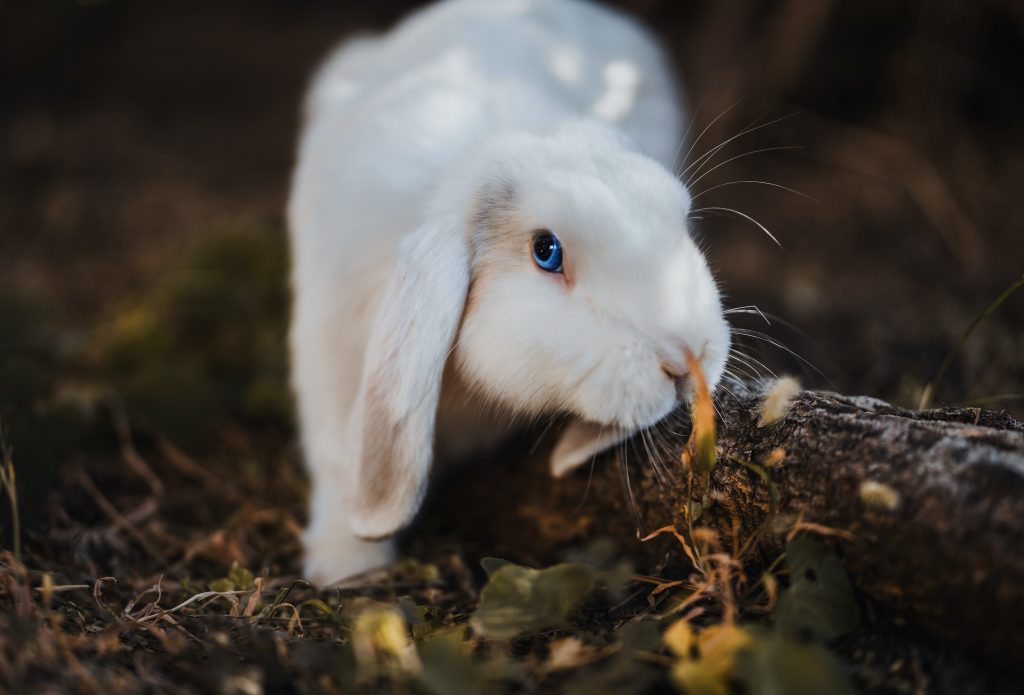
Now that we know that rabbits drink water let's see what happens if they don't drink the right amount. So something that worries many people caring for these small animals, and this is very important, is that the rabbit stops drinking water. This is noticeable when we see that the level of the drinker or bottle does not drop, which means that our friend has not consumed the water inside.
This lack of hydration is very worrying because it can indicate the presence of changes such as mouth problems. After all, they usually stop consuming food and water if they have pain in the mouth or teeth. You can also indicate high fever and severe malaise, so if we find that our rabbit does not drink water from the trough or from anywhere, it is best to go to the vet as soon as possible.
Another thing that may be happening is that our rabbit does not know how to drink from the container it has water in. This is common when it goes from a bowl drinker to a bottle or vice versa. In these cases, it is important to get him hydrated so we can leave him the old drinking fountain until he learns to drink from the new one. Sometimes it also happens that the rabbit does not want to drink because the water is not clean good set rat is a very well cared for animal. In this case, simply renew it with fresh water so it can normally drink again.
What are the benefits of drinking water for rabbits?
1. Hydration
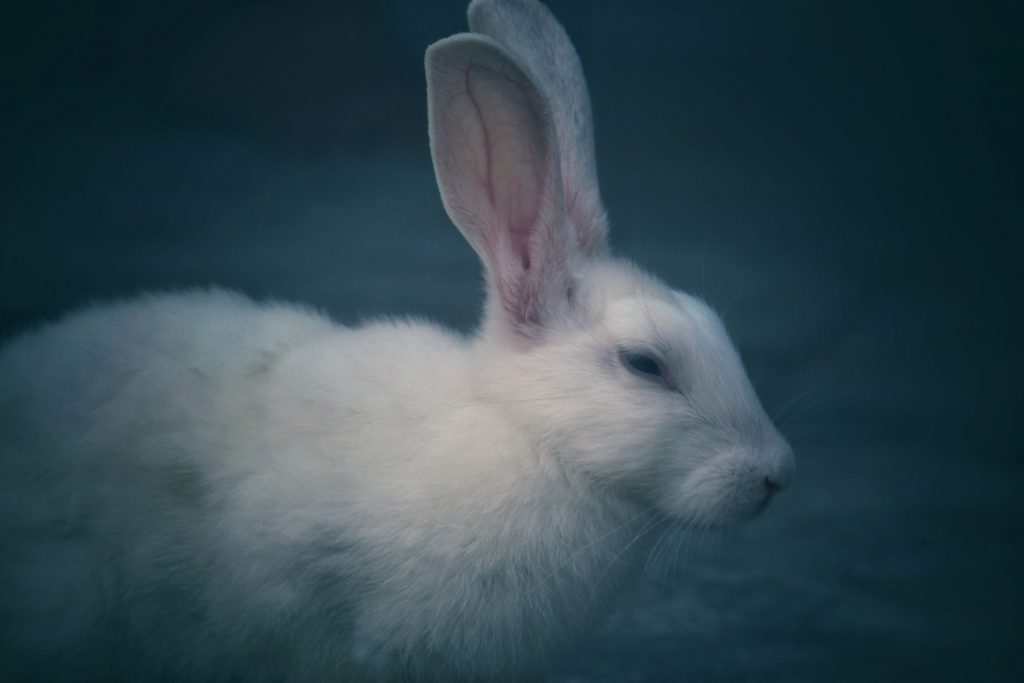
The need for hydration will always be a factor in why newborn rabbits drink water.
This is a normal part of life, but it is important to consider why a young rabbit may prefer to drink from a water bottle rather than from a rabbit's mother's milk. This is a change that takes several weeks to occur.
Because newborn rabbits need to live, the change will happen faster with larger litter.
If you observe this, it is a good idea to prepare a water bottle and ensure the newborn bunnies have somewhere to drink.
They will be sustained by water, which will play a key role in their development. If they don't, they will start to get sick, and some will die!
Take your time to choose the right water bottle for your young bunnies that you can set up quickly.
2. Physical Development
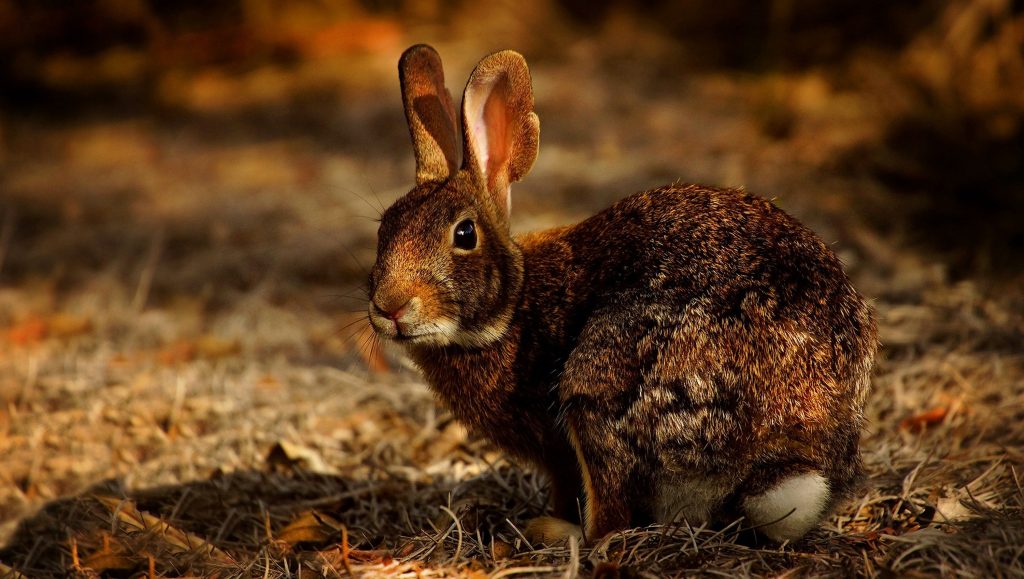
You must pay attention to the growth trends of your baby bunnies.
A normal rabbit will grow quickly, a normal aspect of their physical development. This will only happen if they get enough milk at the beginning and enough water as they develop.
If not, the newborn rabbit will quickly become ill. This happens often and is not a pleasant sight even in the best situations. Your goal should be to spend time getting to know your newborn rabbit's body needs.
This includes a steady supply of fresh water for young rabbits to drink whenever necessary.
3. Independence
There is a clear benefit when it comes to newborn bunnies drinking water. They will soon have to learn to be self-sufficient because that happens in the wild.
When the young bunnies grow up, they will go their own way.
As a result, they will need to learn how to get food as soon as possible. A good start is to drink from a water bottle at home.
What kind of water do I give my baby rabbit?
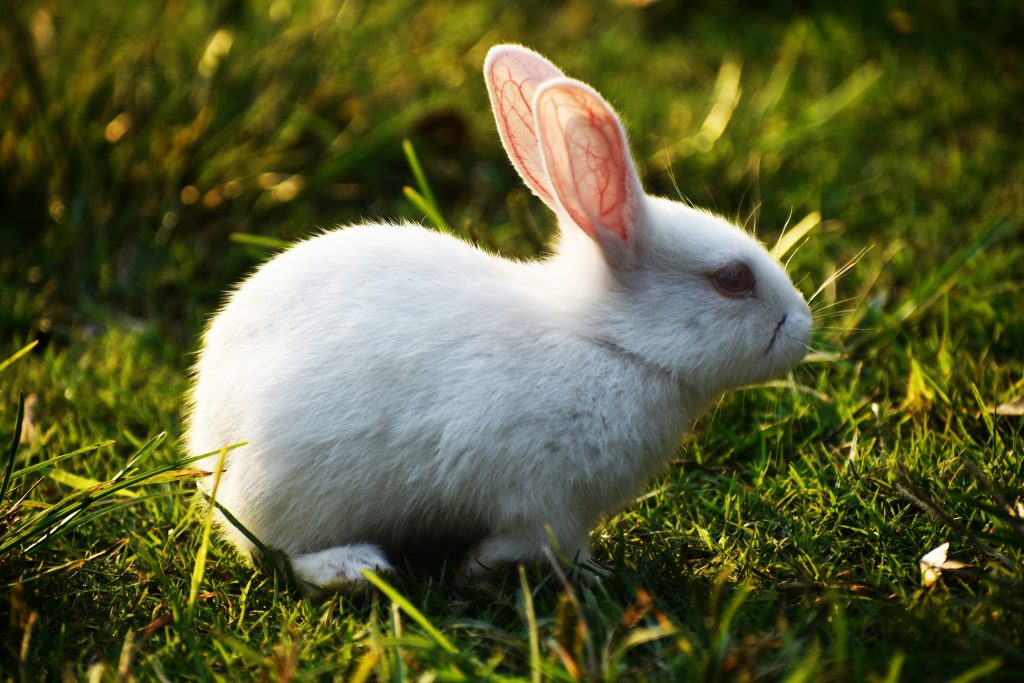
We already know that rabbits drink water daily and how much they need, but which water is most appropriate for them? We have many options, each with its own advantages and disadvantages. One of these options is to give them tap water.
This option is suitable if the water quality where we live is good. However, it is not recommended if the water is too alkaline or has high levels of chlorine or calcium. Another option is to give them bottled mineral water, for which we must choose water with low mineralization. The disadvantage is the purchase price of this type of water.
Other options are to give them deionized, filtered, or well water. It is important that the water is drinkable and, above all, we think if we would consume it. If the answer is yes, it is likely also a good option for our rabbit.
Why hydration is crucial for rabbits
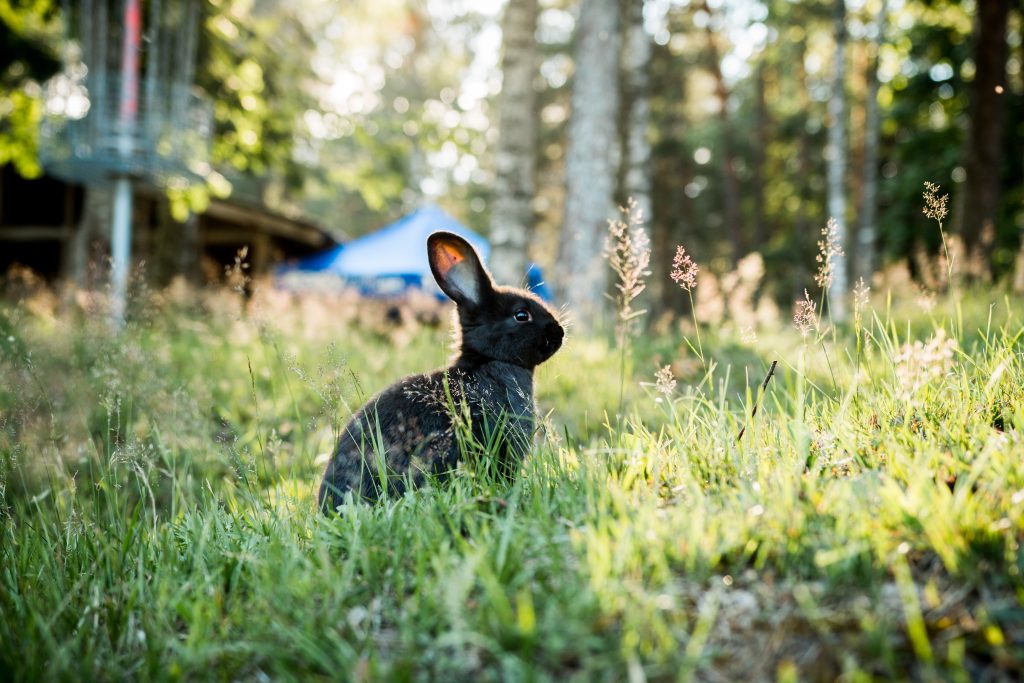
Rabbits typically drink up to 150 ml per kg of body weight daily. Of course, this calculation means that larger breeds such as a French Lop or Flemish Giant will drink much more than a Dutch Dwarf or Mini Lop. So make sure you have a bottle or bowl that is the right size for the amount of water they will need to drink.
Your rabbits need constant access to clean water. In addition to hydrating the body, water provides essential hydration to the digestive system and other organs such as the liver, kidneys, and bladder.
Baby rabbits have unique habits right after birth. This happens both in the wild and when they are raised in a house with rabbits. In general, you will notice that they will have specific drinking requirements regarding what gets into their bodies. This will make you wonder, do baby rabbits drink water?
Baby rabbits can and will drink water after the first few weeks. Initially, the only food source a rabbit will look for is its mother's milk. After the first few weeks, the baby rabbit will begin to drink water.
Rabbits can become dehydrated quickly, especially when they are stressed. Therefore, it is essential that no matter which hydration method you choose, your rabbit always has access to fresh water.
The problem with water bowls can be that they often get dirty. With a large drinking surface made of hay, dirt and insects can get into the bowl. Since water bottles have a spout, it's much harder for water to get dirty.
This is why we personally recommend bidons for rabbits. However, every rabbit is different, and if your rabbit prefers drinking from a bowl, you may want to use this option. Just remember that it is important to keep the water clean and fresh.
Are you worried about your rabbit's water consumption?
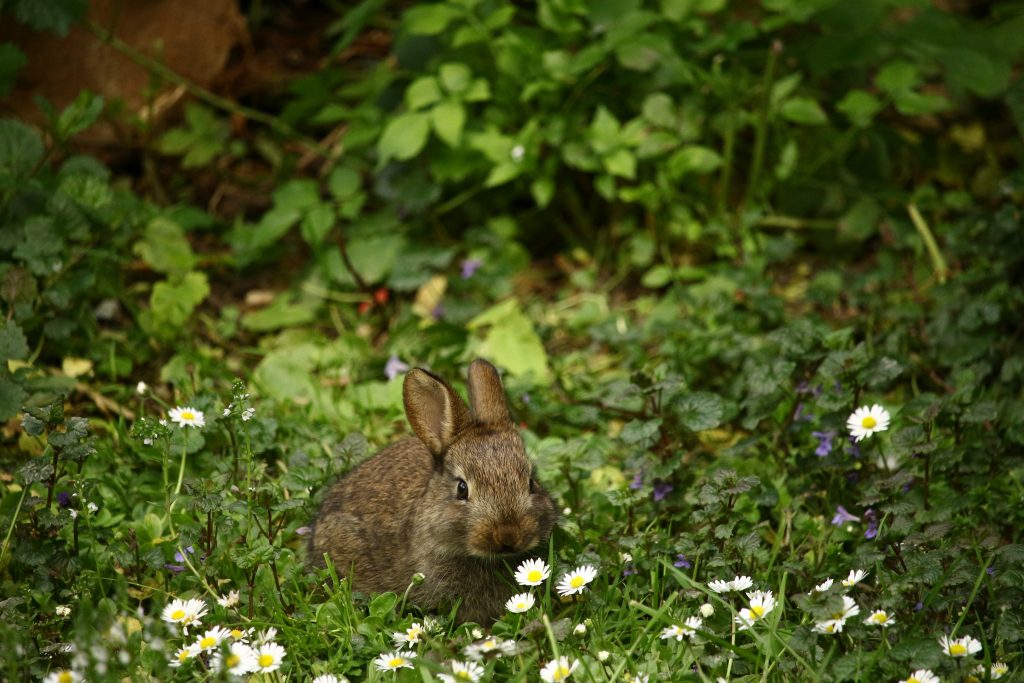
If you are concerned that your rabbit is not drinking enough water, there could be several reasons why this could be.
If you have recently changed your rabbit's diet or moved to a different climate, it may mean that your rabbit's thirst levels have decreased. This can be considered relatively normal. Provided your rabbit's water consumption has not dropped too dramatically.
If your rabbit has stopped drinking water, this can often indicate a more severe problem.
For example, if your rabbit has gum disease and has stopped drinking from a bottle. This could be because the mouth is causing rabbit pain along with gum disease. Try replacing the water bottle with a water bowl and see if she is more comfortable drinking from it.
If your rabbit has stopped drinking water or you have any general concerns that may be related to its health, consult your vet. Please remember, though, that we are not professional experts. We always recommend consulting an expert if you have any general health issues for your rabbit.
You can always use dedicated pet care websites such as the RSPCAwhich has great information on rabbit care.
Conclusion
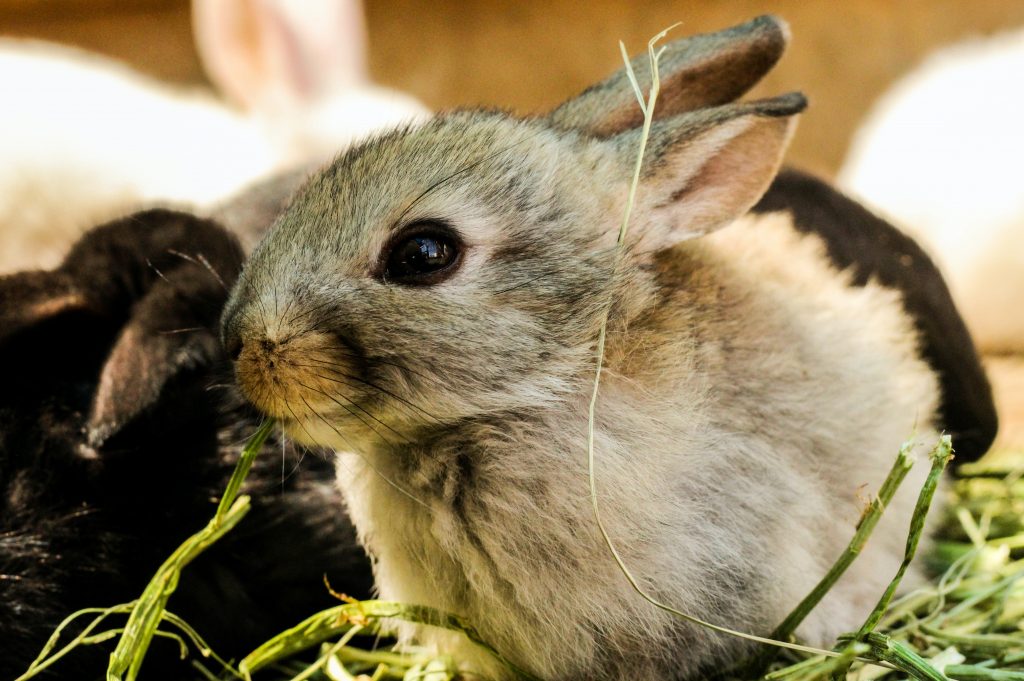
Your rabbit needs to have a constant supply of fresh and clean water. Whether it comes from a water bottle or a water bowl, it doesn't matter-each. Has its advantages and disadvantages.
If your rabbit is drinking slightly more or less than the recommended 10% of body weight, don't panic too much. It may depend on the type of environment they live in and even their eating habits.
If your rabbit drinks an unhealthy amount of water, such as not at all or a huge amount, consult your veterinarian. This will ensure that your rabbit's health is checked as soon as possible but will also give you the reassurance you need as a rabbit owner.





